President Joe Biden said on Friday that the United States will start airdropping critical humanitarian goods into Gaza, one day after over 100 Palestinians lost their lives in a violent clash with Israeli forces.
The president announced reports that on Thursday, Israeli forces opened fire on large crowds of people attempting to remove supplies from an aid convoy, leaving at least 115 Palestinians dead and over 750 wounded, according to Gaza's Hamas-run health ministry.
Biden announced that the airdrops will start shortly and that the US was investigating other avenues to help send much-needed assistance into the conflict-torn region to lessen Palestinian suffering.
"We're going to work with our friends in Jordan and other countries that are airdropping extra food and supplies in the coming days," Biden stated. They would also "seek to open up other avenues in, including possibly a marine corridor."
The president mentioned airdrops to assist Ukraine twice; however, officials from the White House explained that he was talking to Gaza.
Israel said that several of the deceased were trampled in a stampede connected to the mayhem and that some of the crowd members came toward them in a way that seemed menacing to its forces. The Israeli government has said that it is looking into the situation.
Over 80% of the injured had been hit by gunfire, according to the director of a hospital in Gaza City that provided care for some of the victims on Friday.
While receiving Italian Prime Minister Giorgia Meloni at the White House, Biden made his statement.
"The amount of aid going to Gaza is nowhere near enough," stated Biden. It's not nearly enough now. The lives of children and innocent people are in danger. We won't wait around for further assistance to arrive there. Not just a few, but hundreds of trucks ought to be arriving.
For several months, the Pentagon, State Department, and White House had been debating the benefits of U.S. military aid airdrops. However, they had put it off because of worries that the approach would be ineffective, unable to guarantee that aid reaches needy civilians, and inadequate to supplement overland aid distributions.
According to administration officials, their priority was to try to persuade Israel to open the Erez Crossing into northern Gaza and to further enhance overland assistance delivery through the border crossings at Rafah and Kerem Shalom.
The Thursday event seemed to tilt the scales, compelling Biden to provide his approval for airdrops. John Kirby, a spokesperson for national security at the White House, acknowledged that airdrops are challenging operations, but the president's choice was motivated by the dire need for help in Gaza.
He emphasized that supplies will still be delivered to Gaza by land means and that airdrops require an extra effort.
It's not something you want to jump into right away. You should give it some serious thought," Kirby said. "Very few military operations are more complex than airdrops of humanitarian assistance," he continued.
There has been increasing pressure on Biden to take more decisive action to alleviate the suffering of Palestinians, notably from Democratic Party politicians. Sen. Jack Reed, the chairman of the Senate's Armed Services Committee, wrote to Biden this week urging the administration to send a military hospital ship and support forces to Gaza to help treat the injured and establish a sea passage for the delivery of humanitarian aid—even before the deaths on Thursday.
"I believe that what happened yesterday highlights the need to find more innovative ways to get help more quickly and on a larger scale," Kirby stated.
Since the crisis began in October, Egypt, France, Jordan, Qatar, and the United Arab Emirates have already employed airdrops to deliver supplies to Gaza.
While Biden was unable to secure the adoption of a supplementary foreign assistance package that contains $60 billion for Ukraine in addition to $35 billion for Israel and Taiwan, he also attempted to reassure European leaders during his meeting with Meloni at the White House. Despite passing the Senate, Republican Speaker of the House Mike Johnson has declined to allow the legislation to be voted on.
Before Meloni's arrival, White House representatives stated that they had adequate solutions to provide friends in regards to breaking the deadlock with House Republicans and turning on the much-needed American assistance stream to Kyiv as the country struggles to repel an invasion by Russia.
During a White House meeting last week, Biden, leading Democrats, and Senate Republican Leader Mitch McConnell pleaded with Johnson to take up the overseas aid package. Johnson said that Congress “must take care of America’s needs first.”
The leaders also talked on Italy's goals for a G7 presidency, the influx of migrants into Italy from North Africa, and their respective countries' China policies. The U.S., Egypt, and Qatar are attempting to mediate an extended cease-fire between Israel and Hamas.
A cease-fire agreement may be achieved by Monday, as Biden had earlier this week stated, but he then tempered his confidence in the wake of Thursday's event.
However, Biden stated on Friday that he remained optimistic that an agreement could be reached, maybe before Muslims worldwide start celebrating the holy month of Ramadan, which is scheduled to start on March 10.
Biden told reporters on Friday night, "I'm still hoping so," before leaving the White House for the presidential retreat in Camp David, Maryland. "We're still putting a lot of effort into it. We haven't arrived yet.
Italy's priority, according to Meloni, is resolving the humanitarian catastrophe in Gaza.
"We fully support the U.S. mediation efforts in this regard, and we need to coordinate our actions to avoid an escalation," she stated.
End//voice7news.tv



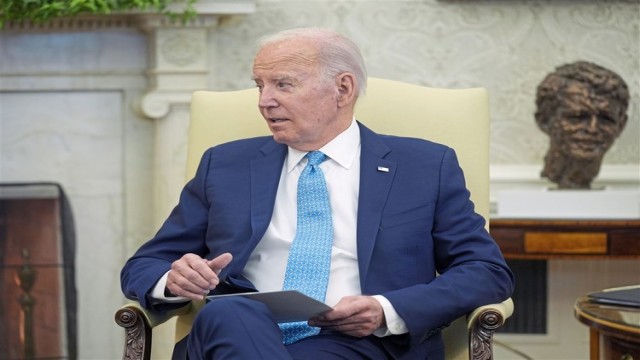

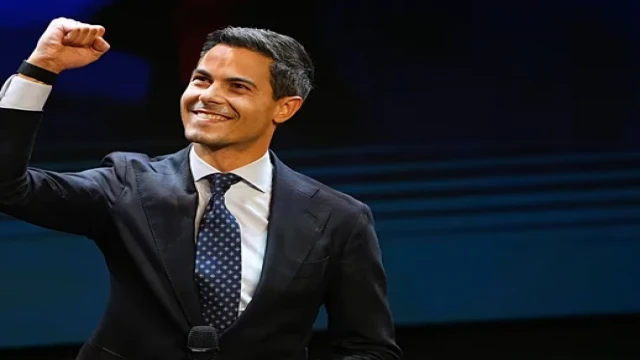


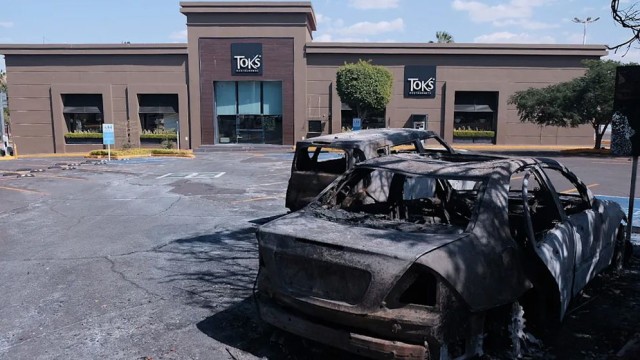


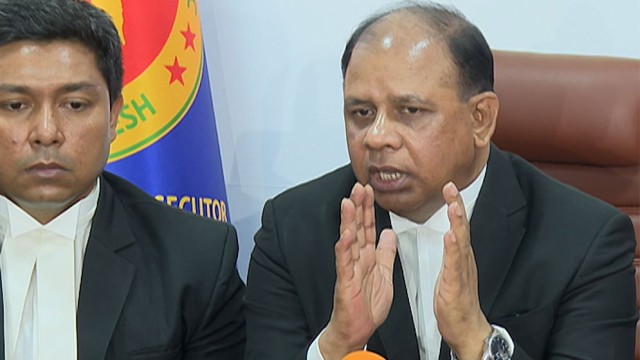



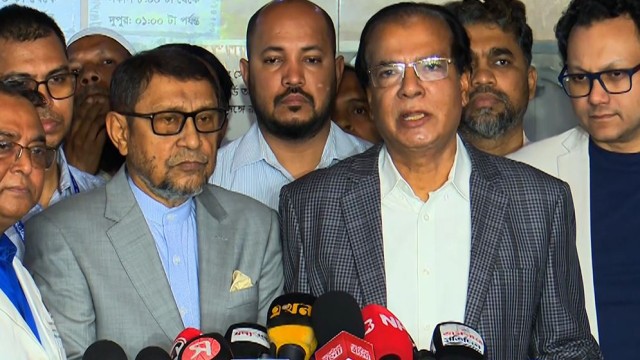
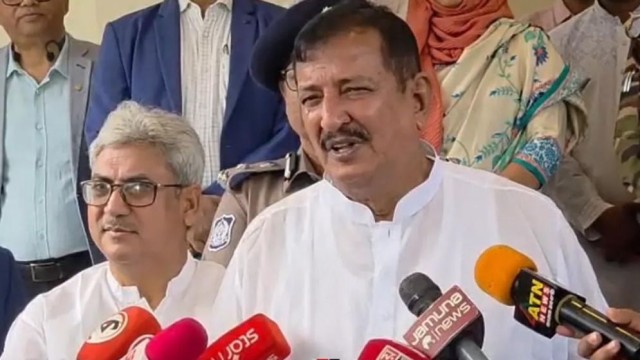
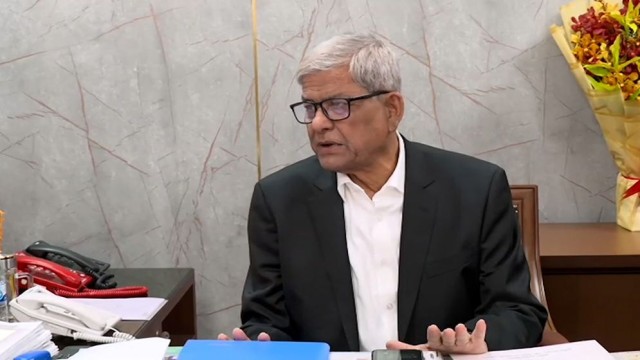

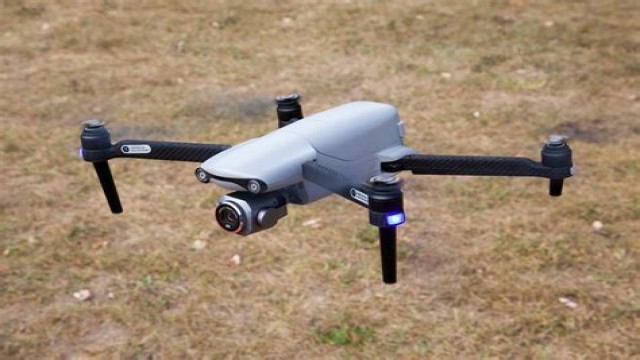











Comment: